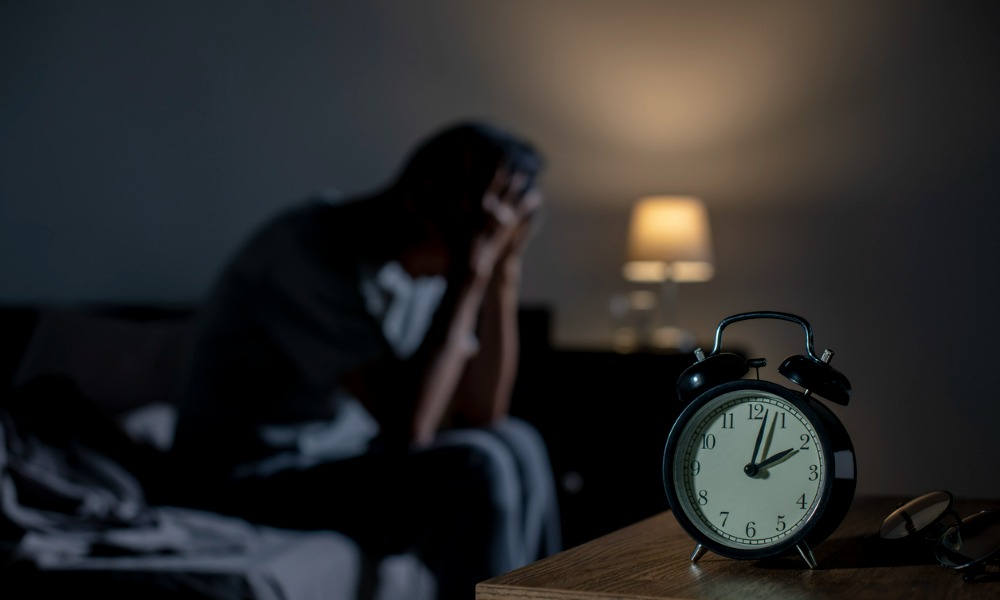'Adequate sleep is crucial for ensuring safety' says expert, but many Canadians aren't getting enough

In today's fast-paced world, where productivity is paramount and time is of the essence, one vital component often gets overlooked: sleep. As we adjusted our clocks this past weekend, depriving us of a precious hour, the conversation around sleep and its impact on workplace safety is more pertinent than ever.
"Sleep deprivation causes drowsiness. It impacts our motor skills, concentration, memory, and can even affect our decision-making and judgment," explains neuropsychologist Maude Bouchard. "When we think about health and safety in the workplace, adequate sleep is crucial for ensuring safety and productivity."
Bouchard is also the director of research and development at HALEO, a virtual sleep clinic, that specializes in helping people develop healthy sleep patterns. Accor
According to the Public Health Agency of Canada, 33% of Canadians struggle with sleep problems, while 36.3% of adults who get insufficient sleep report chronic stress. The economic toll is significant, with sleep deprivation costing the Canadian economy $1.9 billion in 2021 and resulting in the loss of 80,000 working days annually.
So, what can be done to address this pervasive issue and promote better sleep among the workforce? "Firstly, acknowledging the prevalence of sleep disorders in the population is crucial. Half of the population suffers from sleep disorders like insomnia or sleep apnea," says Bouchard.
The key lies in education and support. Bouchard urges health and safety professionals to advocate for better sleep practices in the workplace. "More sleep does not equate to less productivity. It's a myth that needs to be debunked," she says, referring to what’s commonly been referred to as the hustle culture. "By raising awareness and providing access to sleep improvement programs, organizations can foster a culture of wellness and productivity."
For shift workers, who are particularly vulnerable to sleep deprivation due to irregular schedules, specialized interventions are essential. Bouchard outlined HALEO's tailored approach for shift workers, incorporating light exposure management, bedroom optimization, and personalized strategies to mitigate the impact of shift work on sleep quality.
Reflecting on the broader impact of sleep interventions, Bouchard highlights the positive outcomes observed among participants. "Nine out of ten individuals completing our program no longer exhibit clinical symptoms of insomnia. We've also seen reductions in anxiety and depressive symptoms," she claims. "Optimizing sleep not only improves individual well-being but also enhances workforce performance."
As we navigate the challenges of modern-day work life, prioritizing sleep must become a cornerstone of workplace health and safety initiatives. By recognizing the critical role of sleep in driving productivity and implementing targeted interventions, organizations can unlock the full potential of their workforce.
"Sleep is a tool that, if optimized and disorders are treated, can have a profound impact on both individual well-being and the workforce as a whole."
Fostering a culture that values and prioritizes sleep is not just a matter of health and safety—it's a strategic imperative for success in the modern workplace.





